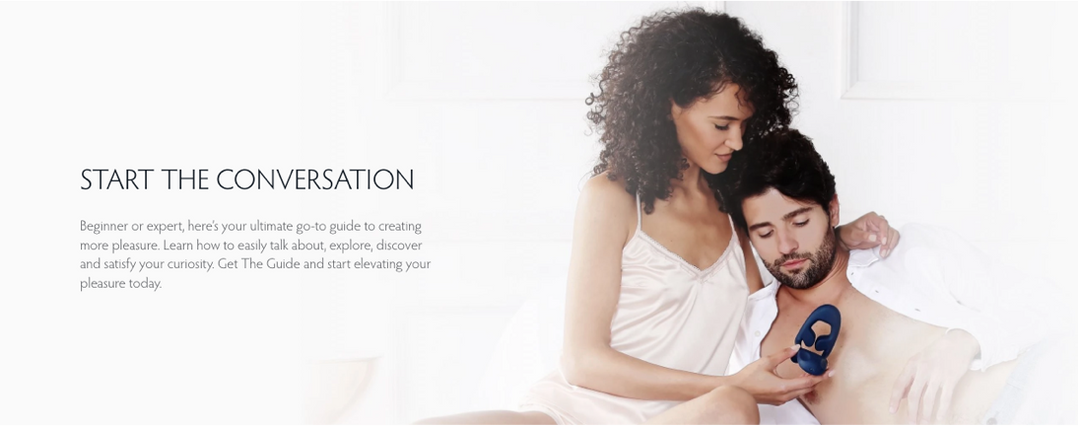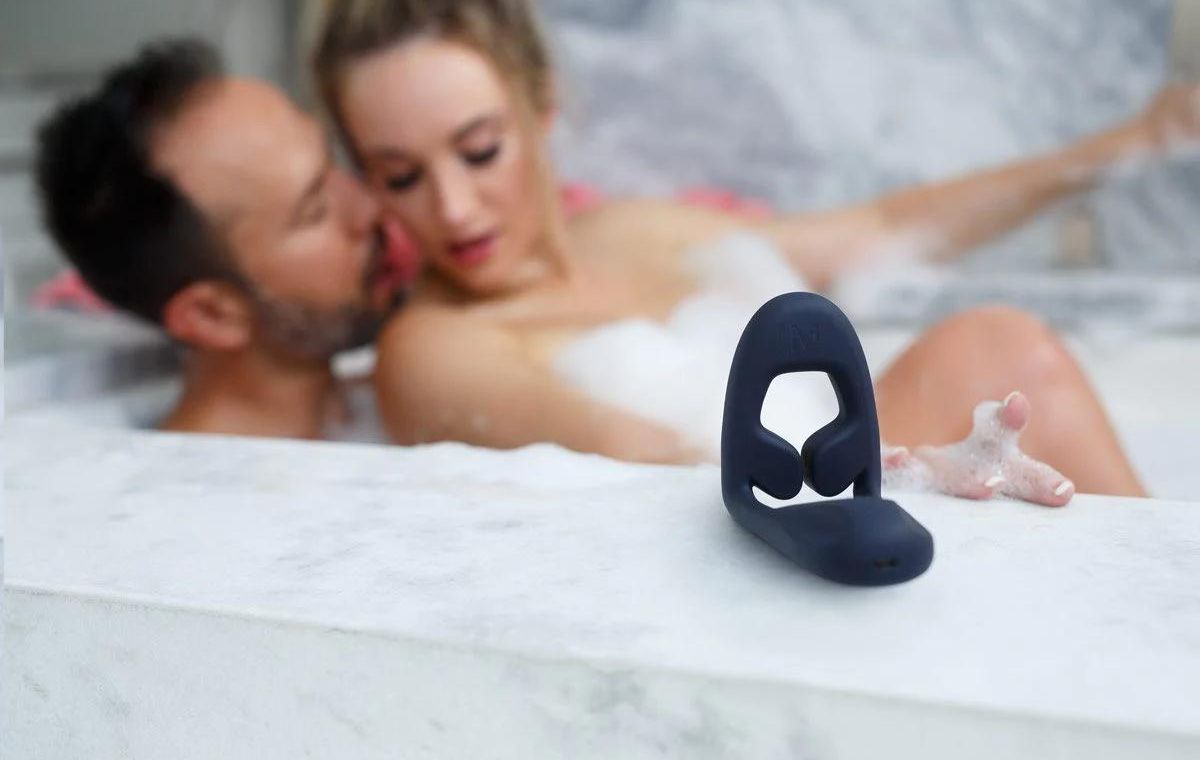In the absence of properly taught consent in school level sex education, the Family Planning Association (FPA) revealed that 45% of young people learn about consent from the media.
This is particularly alarming given the rise of #MeToo and the lack of prosecution of sexual assault cases highlighted in the news.
So we wanted to know, who should really be teaching us about sexual consent and why is it so important that we get it right?
Firstly, what is the media teaching us about sexual consent?
“What’s presented as romantic and desirable behaviour in a Hollywood sex scene, is often anything but.” – FPA
The FPA came up with a “Consent Test” for films, which, to our surprise, drew attention to a few family favourites. “Bad” consent practices included scenes from films such as James Bond, Star Wars and even The Notebook.
Accordingly, a film passes the FPA Consent Test if:
- Consent has been verbally given, or asked for.
- There is no coercion involved: violence, threat, pressure, asking multiple times until they say yes (persistence).
- None of the characters involved are intoxicated.
- None of the characters are underage.
- Each of the characters involved are giving verbal and non-verbal cues that they want to have sex.
As down-heartening as that may be, “good consent” practices, however, have increasingly been found in more recently made films. Take Frozen for example, one of the most popular Disney princess films to date. It’s strong female leads have come a long way from the passive princesses of early Disney, such as Sleeping Beauty and Snow White, which have been brought to attention by actor Kristen Bell, as endorsing non-consensual practices. Evidently shown by this man who kissed a sleeping woman on a train.
So does the media contribute to the normalisation of sexual harassment, sexual assault and rape? And do we need some clarity in our definition of sexual consent amidst all the greyness?
Can consent be revoked at any time?
Revoking sexual consent is a particularly grey area. According to the recent FPA study, 47% of people believe that once you are naked you cannot withdraw your consent.
Think about it… How often have you been in a position where you felt internalised pressure to continue with a commitment, to keep going along with something. You said yes in the first instance. You felt happy to sexually consent, but you may have changed your mind or suddenly felt uncomfortable with something that arose since that “yes”.
Just know that sexual consent can be revoked at any time, and that change of heart should always be respected. Check out this amazing animation on consent that replaced “asking for sex” with “asking for tea”.
Why is teaching “good consent” important?
The importance of teaching “good consent” is undeniable. Mel Gadd, the FPA’s Projects and Training Coordinator says:
“If a young person fully understands what consent means for themselves and others, it lays the foundations for so many other core values such as respect, good communication, self-esteem, and resilience. It can mean that they strive to do no harm to others and, in turn, know how to seek help if they are harmed.”
Who should be teaching us about “good consent”?
Should it be schools?
“I had the most empowering, sex-positive, supportive sex education at school” … said no one ever. Right?
Plastered with warning labels or notions of abstinence in a (typically failing) bid to prevent STIs and pregnancy, sex education is missing out of the importance of intimacy, pleasure and enthusiastic consensual sex.
We celebrate the small victory of compulsory sex education by the UK’s Department of Education in the year 2018. Yet still, only 1 in 5 US States teaches us about healthy relationships over “abstinence-only” sex ed.
Should it be the parents?
Ideally, parents are teaching their children about consent from an early age and we aren’t just talking about sexual consent.
From asking to borrow something, to sense checking personal space a young child needs to learn their own boundaries and the boundaries of others.
This is a navigational nightmare for parents, not just figuring out how, but at what age and at what length? Where do they go for information that is authentic and reliable because most of the time parents are limited to their own sex education as a point of reference.
We previously recommended books on how to improve your sex life, one of which was called Making Sense of “It”: A Guide to Sex for Teens (and Their Parents, Too!) by Alison Macklin as a valuable resource.
Should it be the internet?
Perhaps the world wide web is our final saviour? We can literally look up anything in the abyss of information technology. Yet, despite this plethora of information, it is difficult to recognise sources for their authenticity and positivity, leaving our perception of sexual health polarised into family planning and porn.
Brands like MysteryVibe strive on providing information that is positive, inclusive and helps you to come to a well rounded educated decision based on putting pleasure as a priority.
Should it be taught in the workplace?
In the rippling tide of #MeToo, one could consider that if we are not getting sufficient consent education from the media, in school, or at home, then by the time we reach the workplace, we are left vulnerable and confused. Not only how to deal with consent, but simply in understanding it.
Should consent be a policy as commonplace as fire safety? This is for all genders within a business to have the opportunity to safely navigate through the workplace. Respecting people’s boundaries without invading personal space but also without fearing to extend warmth and appreciation.
In our current world state of affairs, amidst health legislation, sexual assault, rape crisis and more, how do we support humanity in ways that doesn’t let things get swept under a carpet until things erupt.
Well, at MysteryVibe we advocate for the art of good communication, support and the teaching of well informed consent in the hope to help you recognise the relationship between sexual health and mental wellbeing.































